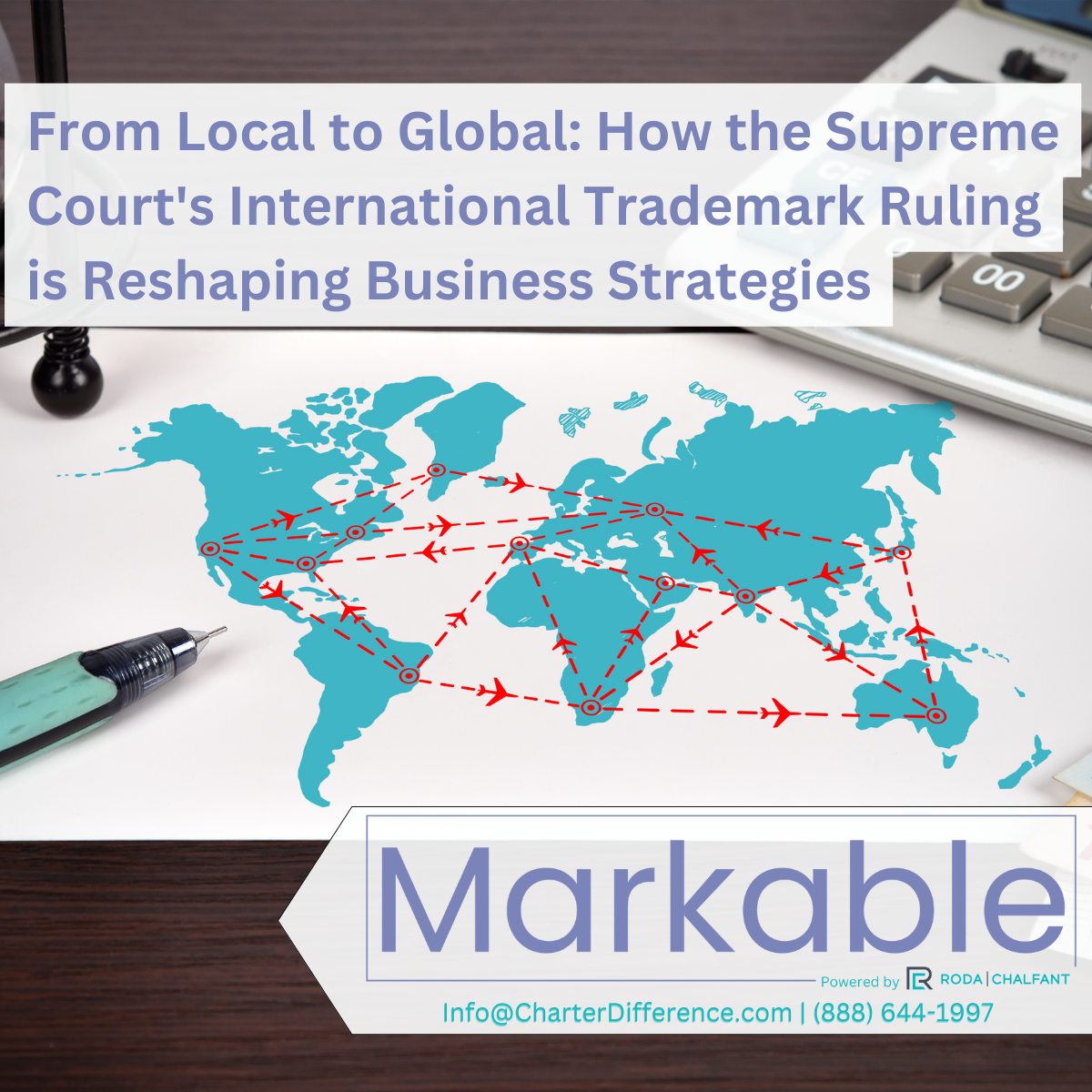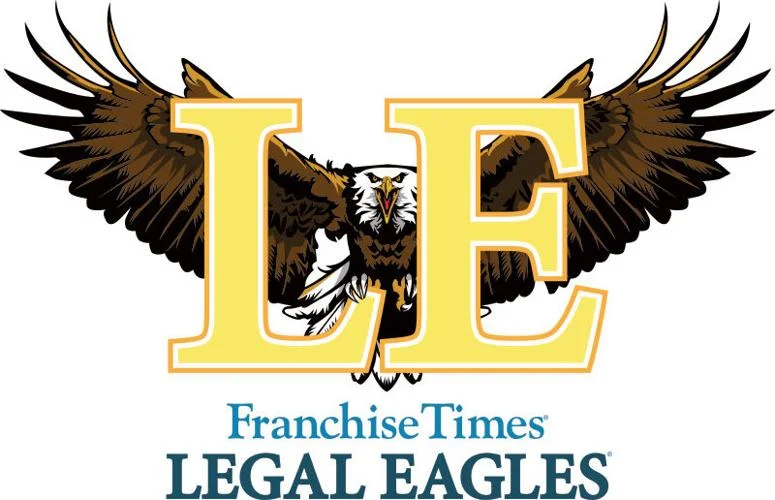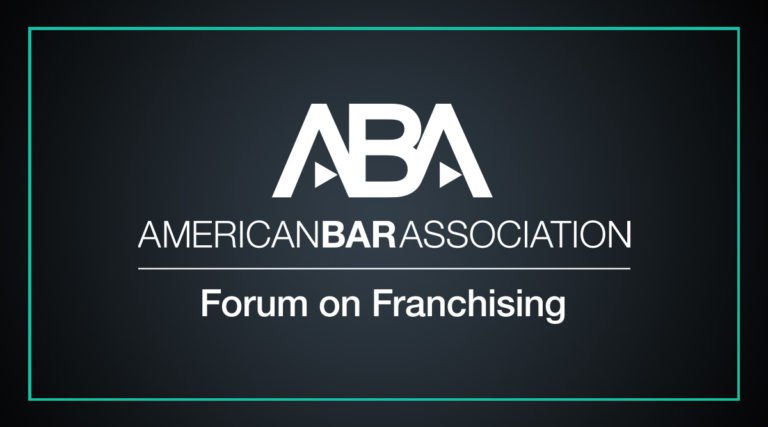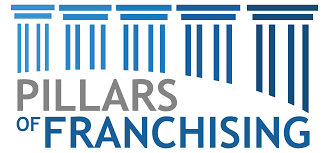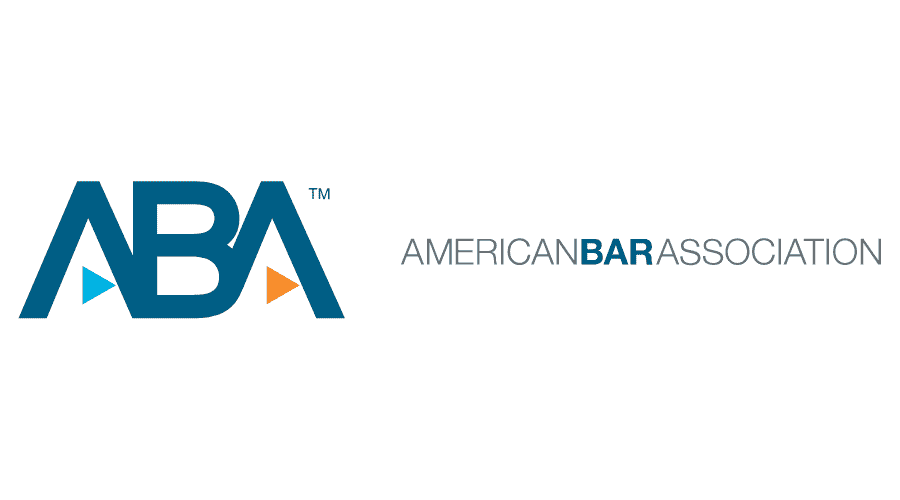From Local to Global: How the Supreme Court’s International Trademark Ruling is Reshaping Business Strategies
Yesterday, the Supreme Court issued a significant ruling stating that the Lanham Act, the United States' trademark statute, does not extend to activities carried out beyond the borders of the United States. This decision stemmed Abitron Austria v. Hetronic International, in which Hetronic sued Abitron in the United States, claiming trademark infringement regarding activities that took place in Europe.
The Legal Test
It has long been established that domestic laws are interpreted in a manner that avoids violating international law. Over time, this has led to the development of a "presumption against extraterritoriality," wherein U.S. laws are generally assumed not to apply beyond the borders of the United States unless Congress has explicitly and unmistakably directed that a particular statute should have extraterritorial reach. When a statute fails this test, the courts then examine whether the lawsuit seeks to apply the provision domestically (which is permissible) or internationally (which is impermissible).
The Supreme Court’s Ruling
In the case at hand, the Supreme Court concluded that the Lanham Act, a U.S. trademark law, does not have extraterritorial application. Subsequently, the Court proceeded to determine whether the claims raised in the case involved a domestic application of the Lanham Act. According to the Court's decision, the analysis should focus on evaluating the specific conduct in question. The Lanham Act would apply if the conduct occurred within the United States. However, if the alleged infringement took place internationally, the Lanham Act would not be applicable, and the plaintiffs would need to rely on the laws of the relevant foreign country to enforce their trademark rights.
Given that the conduct did not occur within the United States, the Supreme Court ruled that the earlier decision made by the Tenth Circuit Court of Appeals, which ruled in favor of applying the Lanham Act, must be vacated.
An Attorney Weighs In
As an attorney, the Supreme Court's ruling is the correct one. The United States has been a longstanding participant in the Madrid Agreement, an international accord that created a system for registering trademarks in multiple jurisdictions worldwide. Each nation, in turn, has its own trademark laws and registration procedures. Asserting that U.S. laws should apply to activities conducted abroad would undermine international sovereignty and introduce unnecessary complexities to trademark law. Although the decision spends more than a significant amount of time rebutting the dissenting Justices, it effectively and succinctly establishes that U.S. trademark law is confined to the boundaries of the United States.
What Does This Mean for Me?
For trademark holders, this ruling carries an important implication. Simply registering your trademarks in the United States does not automatically grant you international protection. If you plan to expand your business globally, it is crucial to ensure that your marks are duly registered in the countries where you intend to operate. This will help safeguard your trademark rights and provide the necessary legal protection in those respective jurisdictions.
If you are looking to register your brand name, logo, or slogan or need help overcoming infringement abroad, our team at Charter Law is here to help. For more information on how to build your brand, call Charter Law at (888) 644-1997 or email us at Info@CharterDifference.com.
By: Gage Meyers

